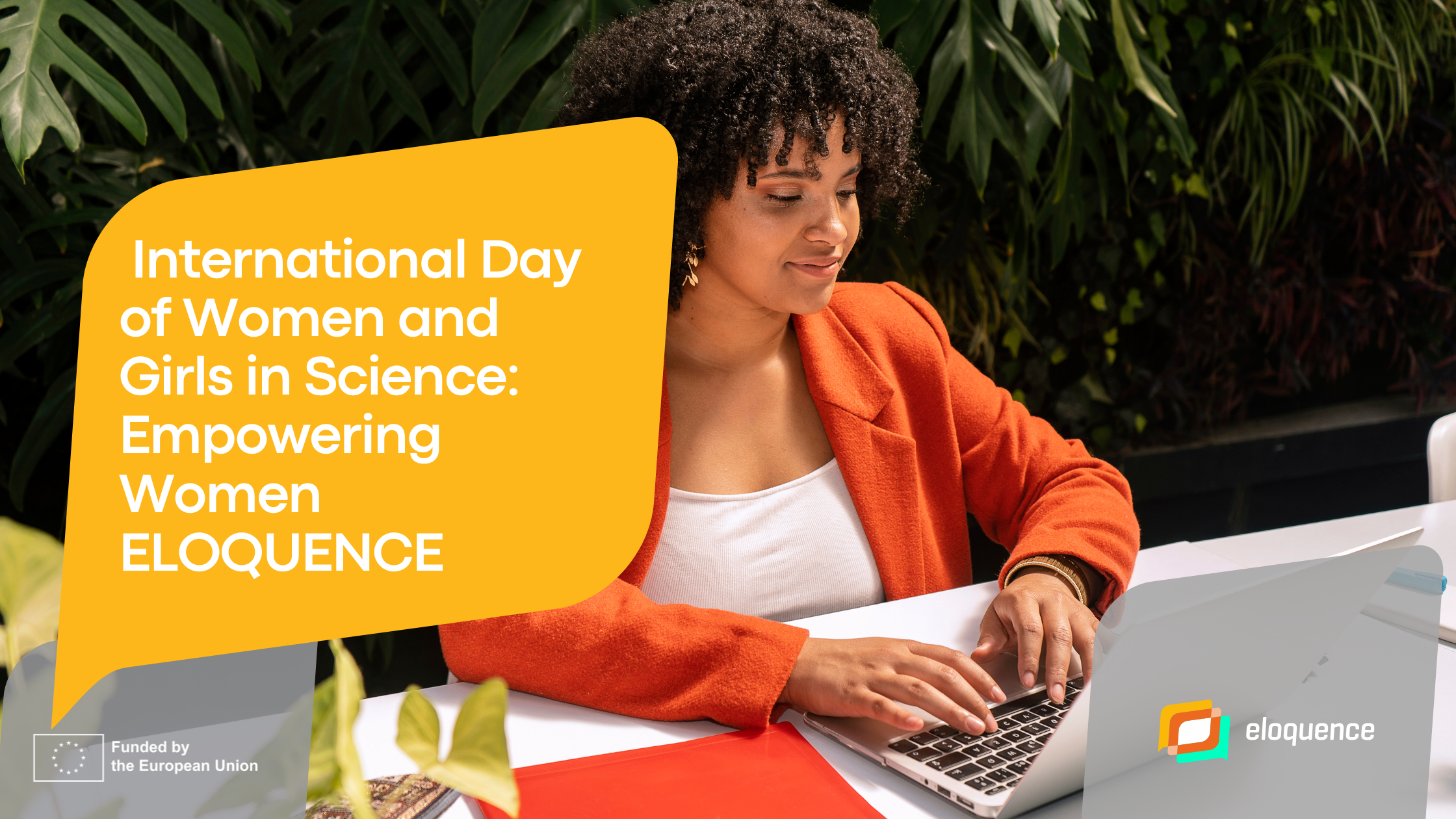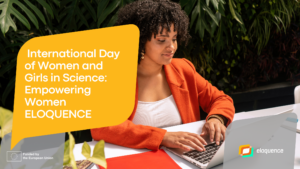The International Day of Women and Girls in Science was established by the United Nations General Assembly in December 2015, with the first celebration taking place on February 11, 2016. This day was created to promote full and equal access to and participation in science for women and girls, recognizing their critical role in scientific and technological communities worldwide.
Despite progress over the years, gender disparities in STEM fields persist. According to UNESCO, women make up only around 30% of the world’s researchers, and in some countries, this figure drops even lower. In regions like sub-Saharan Africa and parts of Asia, cultural barriers and limited access to quality education contribute to even wider gaps. Conversely, countries such as Latvia, Lithuania, and Bulgaria show higher percentages of women in scientific roles, demonstrating that with the right policies and support, progress is possible.
At ELOQUENCE, we are proud to be part of the movement addressing these disparities by actively promoting diversity and inclusion in the field of artificial intelligence. Our project not only focuses on advancing cutting-edge conversational AI technologies but also on creating opportunities for women to lead, innovate, and inspire within STEM disciplines. Through our Women in AI campaign, we highlight the achievements of outstanding female researchers, engineers, and leaders who are making significant contributions to AI, data science, and computational linguistics.
The voices of women in science matter—they bring unique perspectives that drive creativity, challenge biases, and foster ethical and inclusive technological development. By empowering women within the ELOQUENCE community, we are not just advancing AI; we are shaping a future where science knows no gender boundaries.


